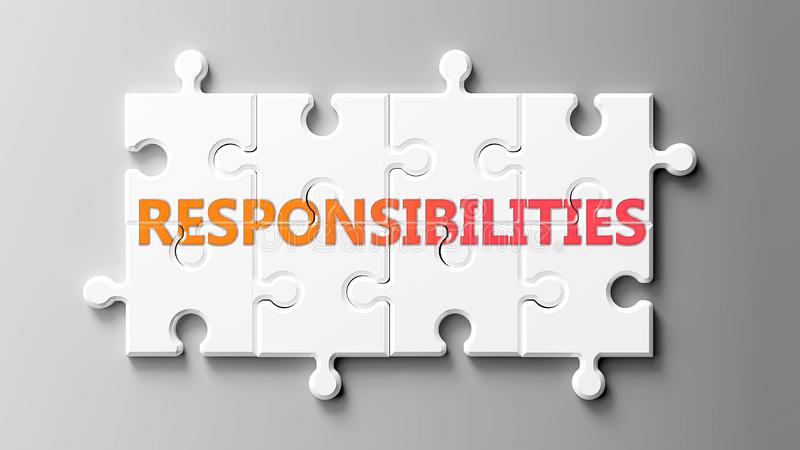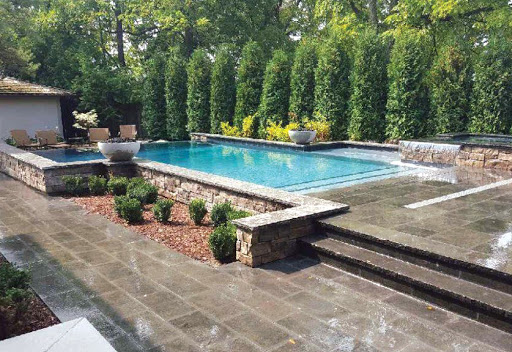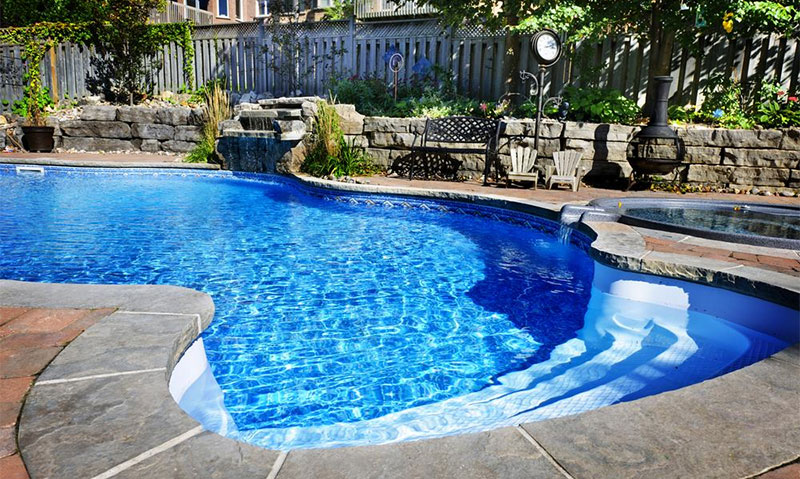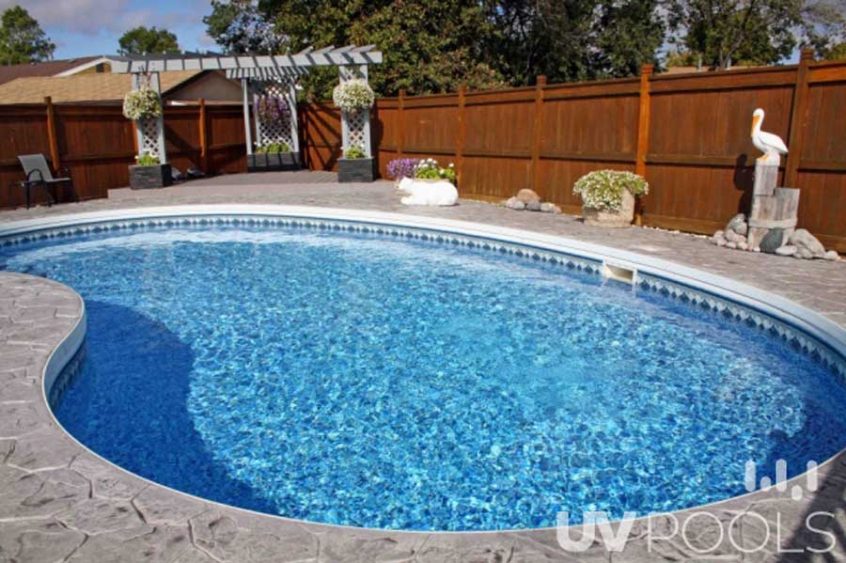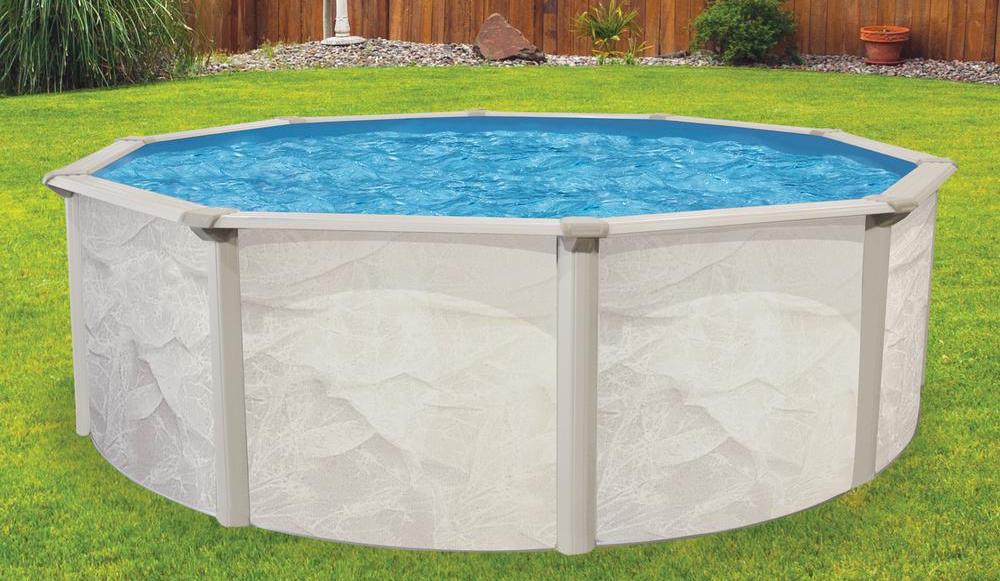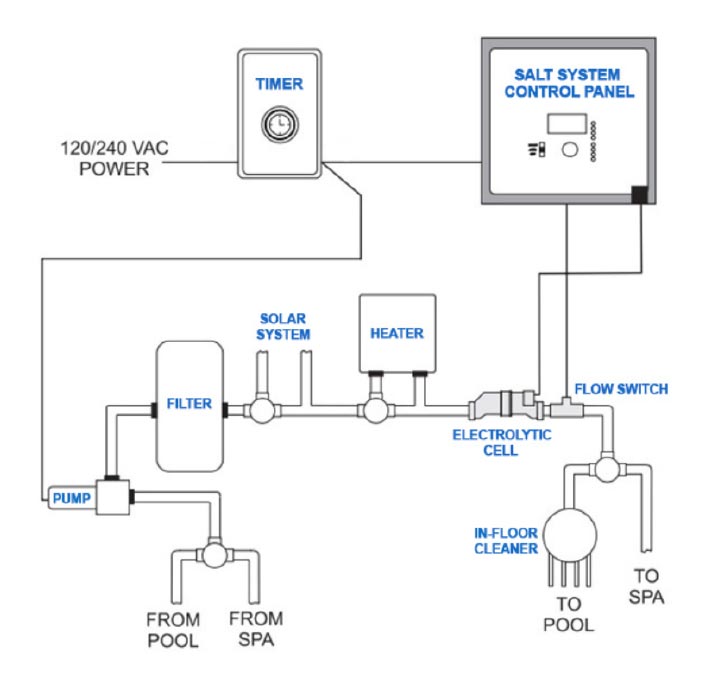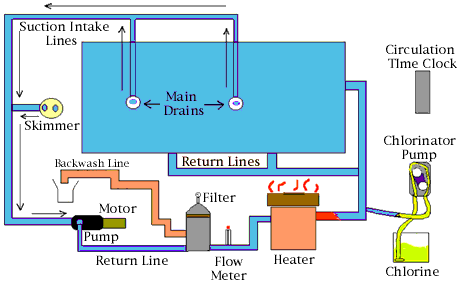Your utility bills will increase
When considering buying a home with a pool or installing one, be prepared for an increase in utility bills. Plan for a higher water consumption charges as well as electricity costs associated with operating the pump/filtration system.
Safety precautions to protect swimmers, especially children
Government of Canada statistics tell us that the majority of drownings in recent years occurred in swimming pools in both residential and public settings with 49% of the cases children and infants aged 4 years or younger. To protect from this hazard, measures to prevent drownings in backyard pools are mandated which include installing appropriate safety fencing.
Your insurance premium will be higher
Those buying a house with a pool will likely need to increase their liability coverage due to the high incidence of injuries involved with swimming pools. The greater risk will mean a higher annual premium. Diving boards and water slides may add to costs because of their association with increased injuries.
Before purchasing a home with a pool:
If you make an offer on the house, it is advisable to either hire a home inspector who is experienced at checking out pools or have a pool inspection that’s separate from the home inspection. Buyers can then request that the sellers repair any structural issues.
A professional pool inspector will check: the pool surface, decking, liner, ladders, railing; diving boards; pumps, heater, electrical systems in addition to checking for cracks and leaks.
You also need to consider any cosmetic updates the pool might need. If the tile is dated or the deck is cracking, you’ll want to get estimates from a pool company for upgrades and repairs and factor that into the cost of ownership. Doing your homework will help you determine whether buying an existing house with a pool makes sense.
Other things to look for:
- If it’s offseason and the pool is closed, ask for pictures of the pool to assess the condition.
- Ask for maintenance and service records and see if any repairs have been done to the pool or will be needed in the near future.
- Find out if the homeowners pay a company to open and close and service the pool, and contact them for a report on the pool.
- Ask when the last time things such as the liner and the pump were replaced.
- Look at the technology installed, such as whether the heater is gas or electric, and check the age of all equipment.
- Speak to the home inspector and make sure the pool is included in the inspection.
- Check if the pool is a chlorine or saltwater pool, and make sure your home inspector is knowledgeable on the type of pool.
- Underground leaks can be an issue as they are hard to detect from a home inspection – ask the pool maintenance company about any past issues, and get the owner to put it in writing that there are no underground leaks.
- If you buy the home when the pool is closed, include a clause in the purchase that the seller is liable for costs if there are issues once the pool is opened.




